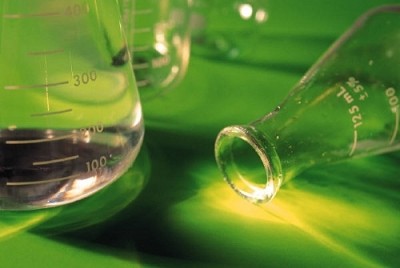Bioplastics have a potential for being 'truly sustainable'

At the Conference, Potočnik encouraged the bioplastics industry to continue it's work on making the material 'truly sustainable' whilst also urging it to continuously inform the public about their products and processes in order to clarify its position and prosper in the future.
According to the Commissioner, bioplastics made from bio-feedstock and reintegrated into the biosphere as a nutrient, or recycled together with conventional plastic has the potential for being a truly sustainable material and could reduce fossil fuel consumption.
The recommendation was then picked up directly by a group of experts in a panel discussion on sustainability criteria investigating the most relevant question: “How to assess the sustainability of bioplastics in a fair way?”.
Topic gave panel food for thought
The panel started with a presentation by Professor Matthias Finkbeiner from the Technical University Berlin on “Perspectives of Life Cycle Assessment of Bioplastics".
Following that, an area dedicated to policy development and market achievement featured 40 speakers including representatives from Metabolix, Clariant and NatureWorks. The show also featured an adjoining product exhibition with around 30 exhibitors and a new partnering tool to facilitate networking opportunities.
According to organisers, this year's edition seen 350 participants from 215 companies catch up on the latest discussions, developments and progress in the bioplastics industry. It also provided excellent opportunities for networking, knowledge exchange and business contacts.
86% of the participants came from Europe, 8 from North America and South America, and the majority of the remaining 6% from Asia.
Bioplastics materials and sustainability
As the European Bioplastics association notes, bioplastics play an important role in Europe’s biobased future and are ‘mature, available, in high demand, and easy to dispose of and recover.’
All material types are gaining ground with biobased, non-biodegradable ‘drop-in’ solutions, such as biobased PE and biobased PET, leading the field. Biodegradable plastics, including e.g. PLA, biodegradable polyesters and starch-blends, are also demonstrating impressive growth rates. Their production capacity will gain around 60% by 2017.
They reduce the environmental impact of a product while offering at least a comparable performance to conventional plastics, and in the cosmetics sector, have been used by companies including Shiseido and Procter & Gamble to package products.

















